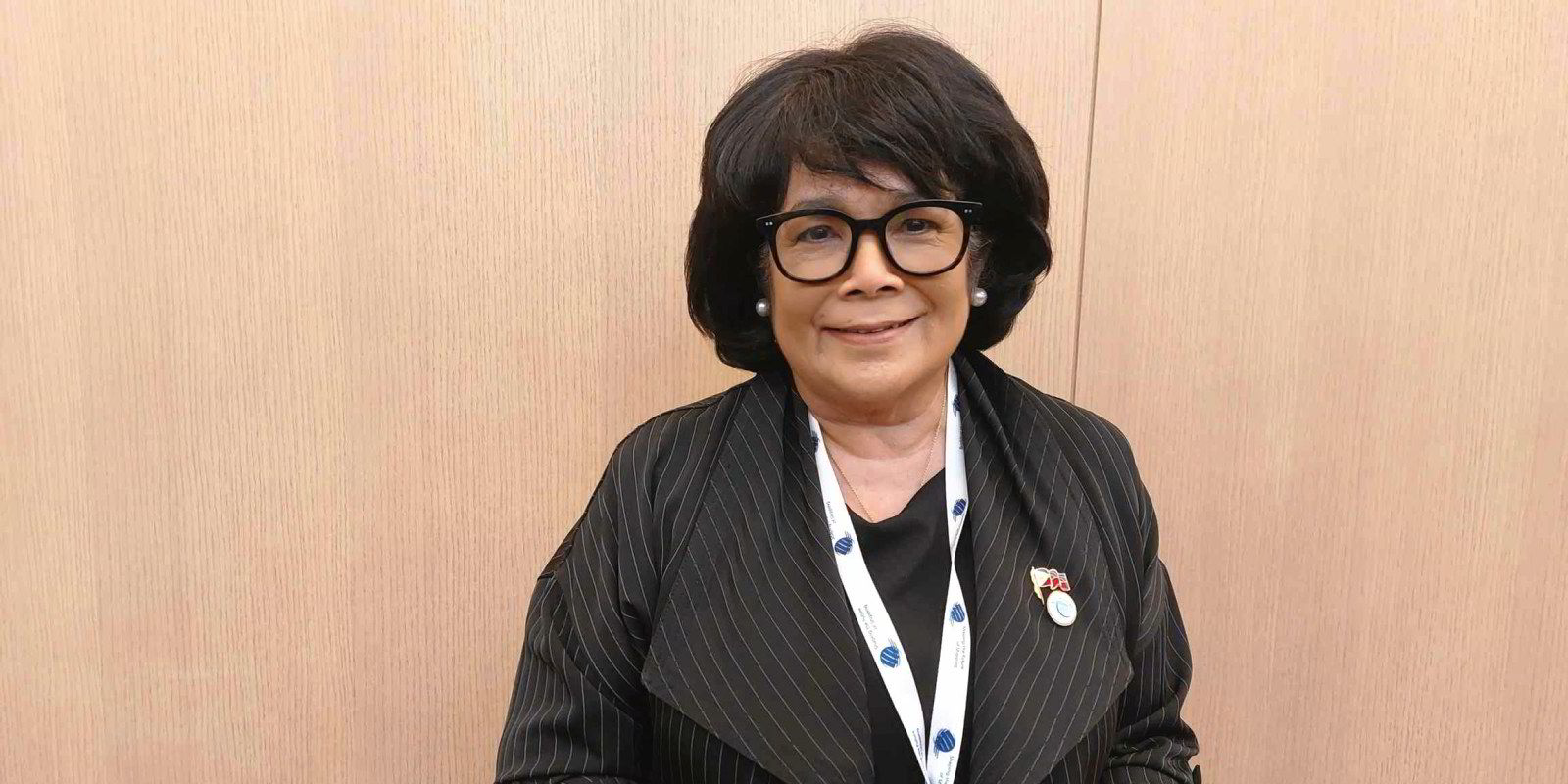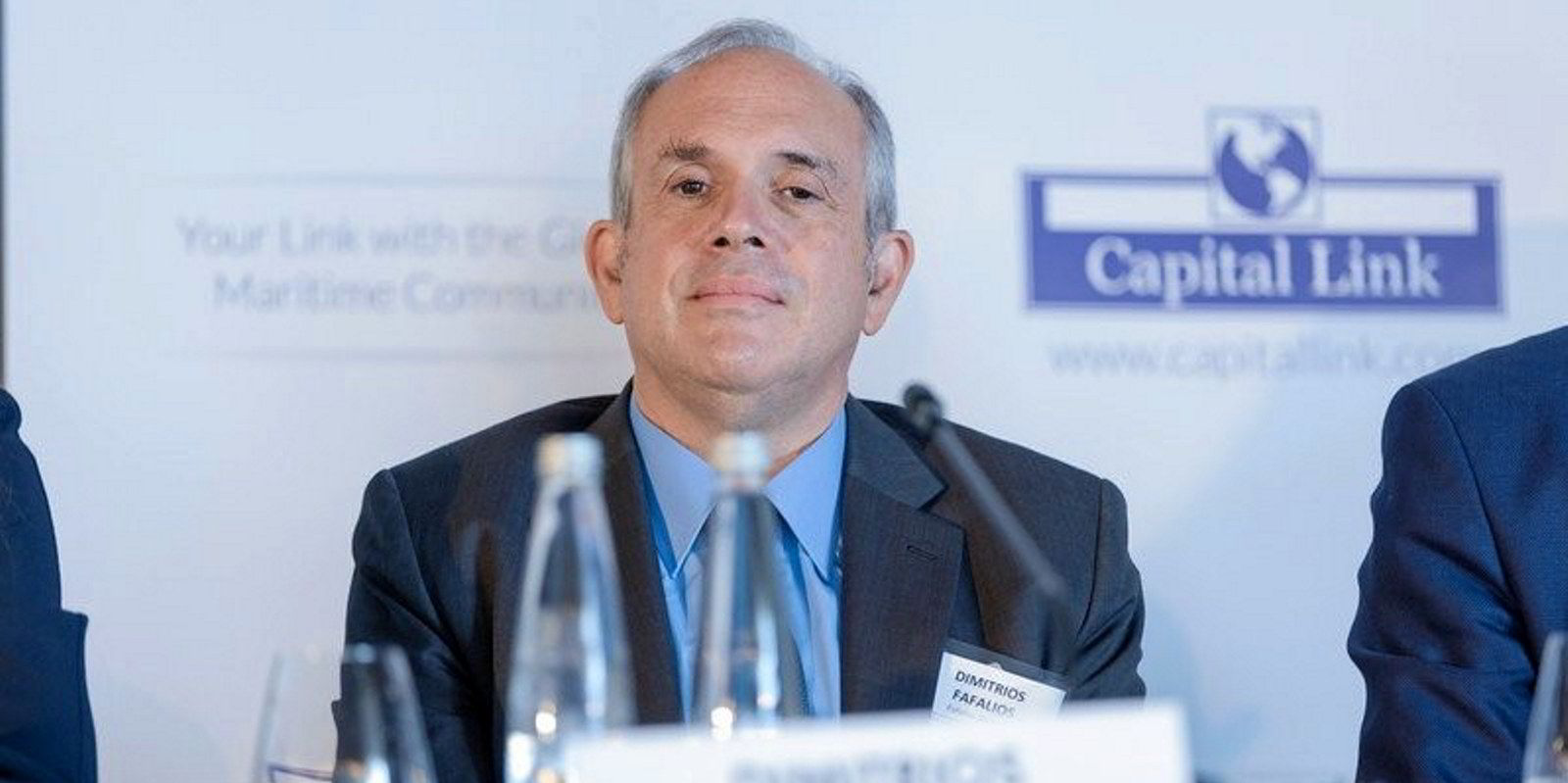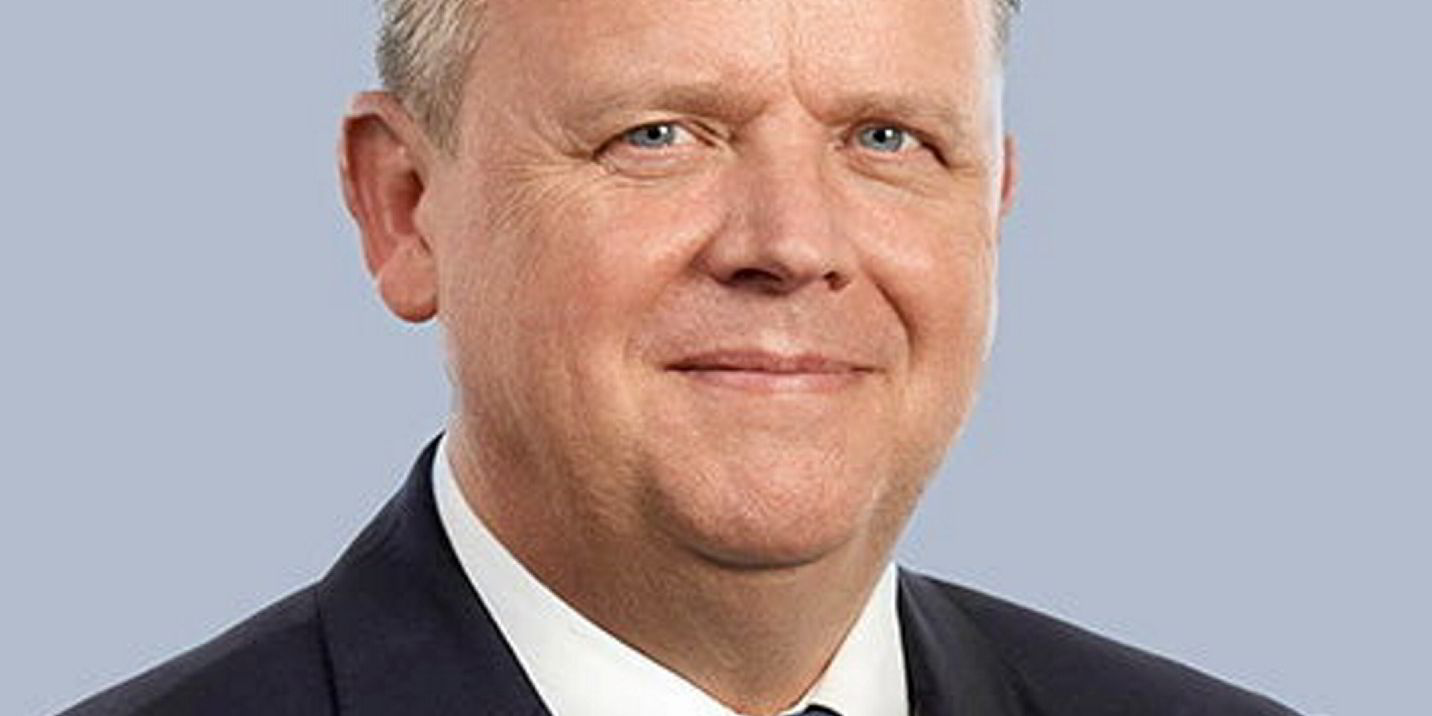Lessons learned from the Covid-19 pandemic to keep seafarers healthy are not being incorporated in newbuilding designs, a shipowner said on Sunday.
Dimitrios Fafalios, president of Greek bulker operator Fafalios Shipping, said the shipyards had refused to incorporate improvements to ventilation systems on vessels despite experience showing that they would help limit the spread of infections on ships.
Fafalios highlighted the problem amid widespread concerns within the industry that investments in seafarers were failing to keep up with the scale of change within the industry.
Shipping unions say some 800,000 people will require retraining in the coming years to cope with the new technical and safety demands of green-fuelled ships.
The Shaping the Future of Shipping Conference in Dubai heard that investments were needed in welfare and training to attract the skilled, trained workforce that would be needed to operate new digitalised shipping operations and new clean fuels that pose safety threats if wrongly handled.
Fafalios, whose company operates a fleet of four bulkers, highlighted cases where owners had gone with demands for improvements that were refused by shipyards.
He said vessels were still being built using ventilation systems that used lots of recycled air, which could carry infections around a ship.
“It doesn’t matter how much money goes on the table, the shipyard says, ‘This is the way that we build ships. If you don’t like it, somebody else is going to accept it’ without any improvements for crew safety and well-being. And that’s a big challenge.”
He said it was a different story for buyers ordering a $200m LNG carrier compared with orders for a $20m to $30m bulk carrier.
“And there are more $20m to $30m bulk carriers than there are LNG carriers,” he said.
“This is a very, very big issue. There is only a finite amount of work that a shipowner can do to improve the lot of his crew on board.”
Maria Antonia Yulo Loyzaga, the Philippines’ environment minister, told the conference that she wanted help from philanthropic organisations to invest in training to re-skill hundreds of thousands of seafarers.

The United Nations trade body, UNCTAD, said in September that it was looking for a new wave of funding for shipping in poorer countries from multilateral banks and donors because of the vast cost of the transition to greener fuels.
The minister told TradeWinds that local crew managers had instituted training programmes to re-skill seafarers but they could only do so much.
“We need to recognise the role of philanthropists when it comes to re-skilling our seafarers,” she said.
Read more
- Green Power: Cargill’s Dieleman and Abdalla on the front lines of ‘convergence of transformation’
- MTR signs digital training deal for 90 Oldendorff Carriers bulkers
- Columbia seeks joint ventures with shipowners as it opens up in Istanbul
- West P&I promotes seafarer mental wellbeing during awareness week
- Safety blitz helps Singapore shipyards slash worker deaths





